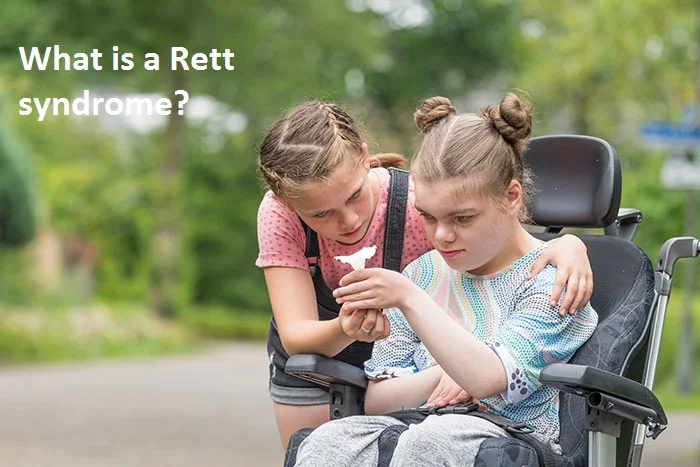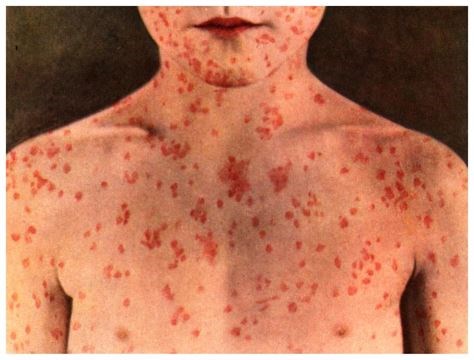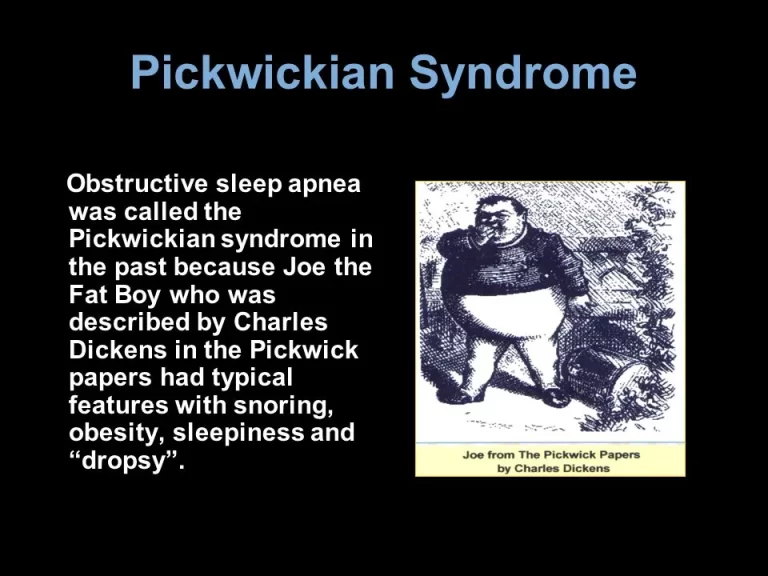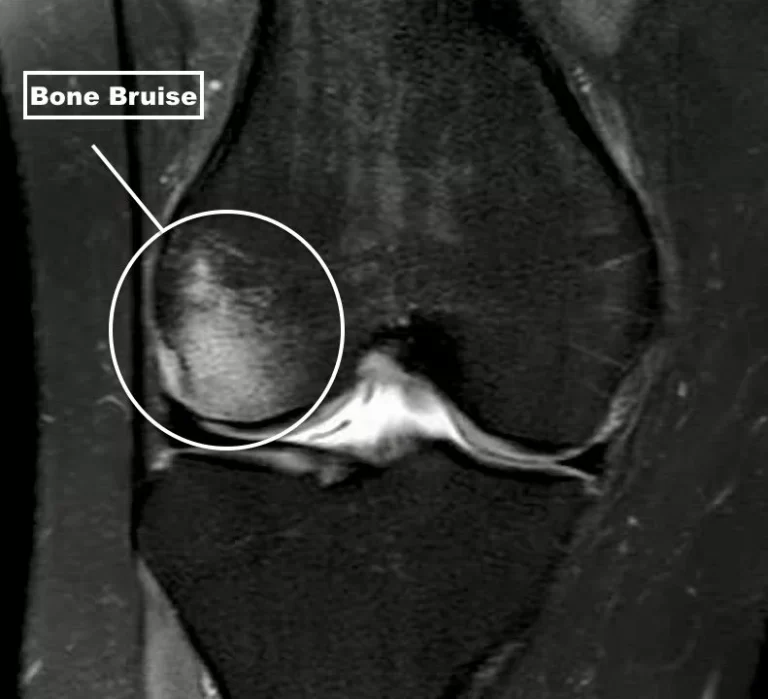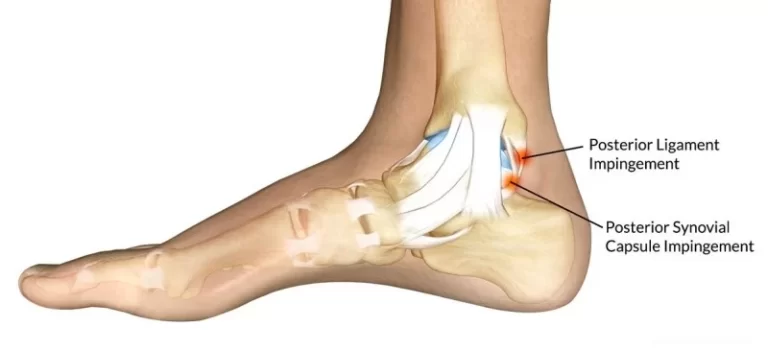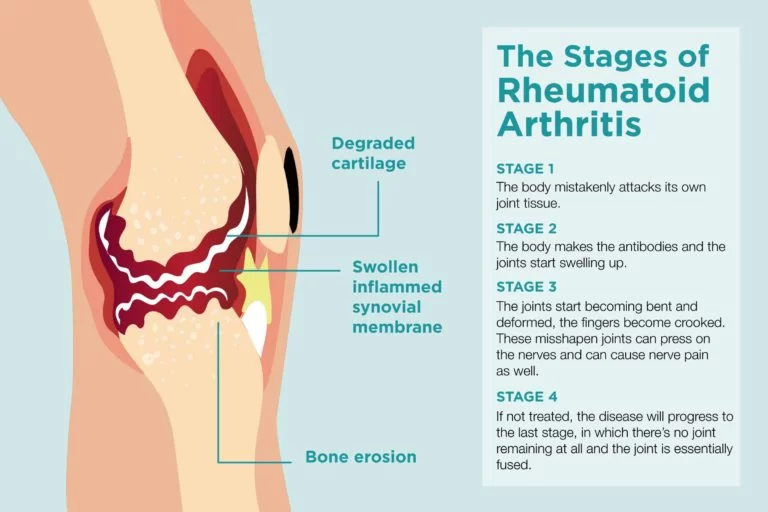Rett Syndrome
What is Rett syndrome?
Rett syndrome is a genetic neurological and developmental disorder that affects to depends on the way the brain develops. Rett syndrome is mainly affected mainly females and rare cases affected males.
In most cases, babies with Rett syndrome are seen to develop expected for the first six months of the born. These babies then lose skills like that, the ability to crawl, walk, communicate with others, and use their hands.
if in some cases, over time babies with Rett syndrome have increased the problems like that, with the use of the muscles that control movements, coordination, and communication with other persons.
Signs and syndrome of Rett syndrome:
- Slowed growth
- Loss of movement and coordination abilities
- Loss of communication abilities
- Unusual hand movements
- Unusual eye movements
- Breathing problems
- Irritability and crying
- Other unusual behaviors
- Intellectual disabilities
- Seizures
- Scoliosis
- Irregular heartbeat
- Sleep disturbances
Slowed growth:
In the slowed growth patient after the birth brain growth is slow. Microcephaly is sometimes the first sign that a baby has Rett syndrome.
Loss of coordination abilities:
In the loss of communication abilities, the first signs often include reduced hand control and a decreasing ability to crawl or walk.
Loss of communication abilities:
In the loss of communication abilities babies with Rett syndrome typically begin to lose the ability to speak, make eye contact, and communicate in other ways. They may become disinterested in other patients’ objects and their surroundings. Some patients have rapid changes, such as a sudden loss of language.
Unusual hand movement:
In the unusual hand movement babies with Rett syndrome usually develop repetitive, purposeless hand movements, which differ from child to child. Hand movements may be included.
Unusual eye movements:
In the unusual eye movements babies with Rett syndrome tend to have unusual eye movements, such as intense staring, blinking, crossed eyes, or closing one eye at a time.
Breathing problems:
The breathing problems include breath holding, hyperventilation, forcefully blowing out air or saliva, and swallowing air. These problems tend to occur during waking hours. Other breathing disturbances such as shallow breathing or apnea can occur during sleep.
Irritability and crying:
The irritability and crying babies with Rett syndrome may become increasingly agitated and irritable as they get older.
Other unusual behaviors:
The other unusual behaviors may include, for example, odd facial expressions and long bouts of laughter, hand licking, and grasping of hair or clothing.
Intellectual disabilities:
In intellectual disabilities patients of Rett syndrome Loss of skills may be connected to losing the ability to think, understand and learn.
Scoliosis:
Scoliosis is common with Rett syndrome. it typically begins between eight to eleven of age and progresses with age. Surgery may be recommended if the spine curvature is severe.
Irregular heartbeat:
An irregular heartbeat is a life-threatening problem for many children and adults with Rett syndrome and can result in sudden death.
Sleep disturbances:
In sleep disturbances problems with sleep patterns can include irregular sleep times, falling asleep during the day and being awake at night, or waking in the night with crying or screaming.
Stages of Rett syndrome:
There are commonly divided into four stages.
Stage 1: Early onset
Stage 2: Rapid deterioration
Stage 3: Plateau
Stage 4: Late motor deterioration
Stage 1: Early onset
In the stage of early-onset signs and symptoms are easily overlooked during the first stage, which starts between 6 and 18 months of age. Stage 1 can last for a few months or a born of one year. patient in this stage may show less eye contact and lose interest in toys.
Stage 2: Rapid deterioration
In the stage of rapid deterioration starting between 1 and 4 years of age, children lose the ability to perform skills they previously had. Symptoms of Rett syndrome occur, such as delayed head growth, abnormal hand movements, screaming or crying for no reason, difficulty in training and coordination, and a loss of communication.
Stage 3: Plateau
In the stage of the plateau, the third stage usually begins between the ages of two and ten years, and it can last for many years.
Stage 4: Late motor deterioration
The stage of late motor deterioration, this stage usually begins after the age of ten and can last for years or decades. It is noticed by reduced muscle weakness, movements of joints, and scoliosis. Understanding, communication, and hand movements generally remain stable or improve slightly.
Diagnosis of Rett syndrome:
A positive test for the mutation is not enough to make a diagnosis.
- Ruling in
- Ruling out
- Supportive criteria
Ruling in:
- Decreased fine motor skills
- Decreased verbal speech
- Abnormalities in gait
- Repetitive hand movements such as wringing, clapping, and tapping
Ruling out:
- Traumatic or brain injury, neurometabolic disease, or severe infection that may better explain symptoms
- Abnormal psychomotor development the after the born of six months of life
Supportive criteria:
- Breathing disturbances
- Bruxism
- Disturbance of sleeping pattern
- Abnormal muscle tone
- Peripheral vasomotor disturbances
- Scoliosis and kyphosis
- Growth retardation
- Small cold hands and feet
- Inappropriate laughing and screaming spells
- Diminished response to pain
- Eye pointing
Risk factors of Rett syndrome:
No risk factors have been identified in Rett syndrome. In a minimal number of cases having close family members with Rett syndrome is.
Complications of Rett syndrome:
- Difficulty in eating, leading to poor nutrition and delayed growth.
- Difficulty in sleeping causes significant sleep disruption to the patient with Rett syndrome and family members.
- Problems of bowel and bladder.
- Problems with muscle, bone, and joint
- Anxiety
- Behavioral changes
Treatment of Rett syndrome
- Regular medical care
- Medication
- Physiotherapy treatment
- occupational therapy
- Speech-language therapy
- Nutritional support
- Behavioral intervention
- Support services
Medication:
Medication can’t cure Rett syndrome.
Physiotherapy treatment:
In physiotherapy treatment can use braces and casts can help patients who have scoliosis and require hand or joint support. Physiotherapy also uses to maintain movement, correct the sitting position, improvement of walking skills, and balance and flexibility exercises. Assistive devices can be used like walkers and wheelchairs.
Improve walking skills:
- Gait training exercise:
- Walking on a treadmill
- Sit ps
- stand-ups
- Walking with weight
- step up
- Step down
Balance exercise:
- One leg standing
- Standing with eyes lose
- Tandem walking
- Walking with an alternating knee lift with each step
- Squats
- Sit to stand
Flexibility exercise:
- shoulder stretching
- leg stretching
- Back stretching
- Quad stretching
- Knee to chest
- Ankle stretching
- Figure four stretching
Summary:
Rett syndrome is a genetic neurological and developmental disorder that affects to depends on the way the brain develops. Rett syndrome is mainly affected by females and rare cases affected by males. if in some cases, babies with Rett syndrome have increased the problems like that over time, with the use of the muscles that control movements, poor squat, and communication with other persons.
There are divided four stages of Rett syndrome. First is early onset, the second is Rapid deterioration, the third stage is Plateau, and four-stage is Late motor deterioration.
The physiotherapy treatment includes improving walking skills, balance exercises, and flexibility exercises.
FAQ:
Is Rett syndrome detected before birth?
Genetic changes can be used to aid in or confirm a patient’s diagnosis of Rett syndrome.
What is Stage 4 Rett syndrome?
Stage 4 is late motor deterioration which is usually about 10 years of age. During this stage breathing problems, and abnormal hand movement may become less common.
What are the stages of Rett syndrome?
there are four stages of Rett syndrome. stage 1 is early onset between the age of 6 to 18 months. stage 2 is rapidly destructive. Stage 3 is Plateau. Stag 4 is Late motor deterioration.
What organs are affected by Rett syndrome?
Organ system disorders involve abnormalities in the respiratory cardiovascular, digestive, metabolic, skeletal, muscular, and urinary systems.

